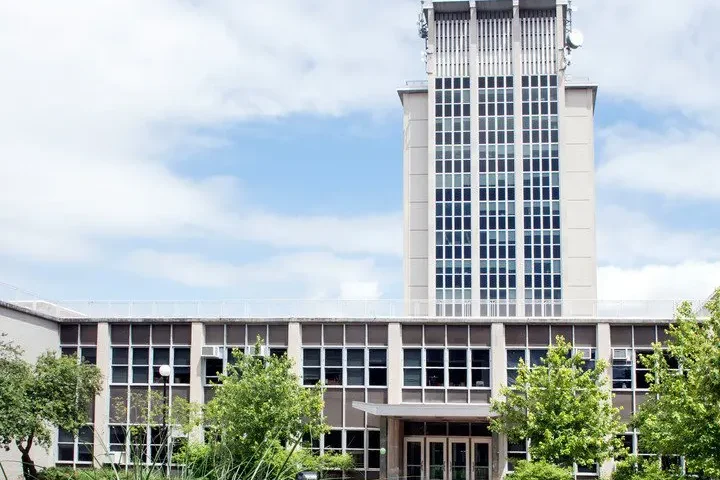Normally, Taiwan is one of the rainiest places on earth. In fact, heavy rain is so common that umbrellas are commonly found at businesses and public transportation stations for anyone to borrow.
Now, however, Taiwan is in the midst of its worst drought in over 50 years, leaving many companies and families fearing for the future. Reservoirs are at dangerously low levels, with most lower than 20% capacity. The Water Resources Agency reported that one of the critical reserves, the Baihe Reservoir, was dry. Another primary water source, Hsinchu County’s Baoshan No.2 Reservoir is at 7% capacity, the lowest it’s ever been.
If Taiwan’s reservoirs dry up, the world may face an electronics shortage even worse than the current one. According to the BBC, around 90% of the microchips needed for electronic devices are manufactured in Taiwan. These chips are used for many products, like computers, smartphones, and cars.
There is already a shortage of these chips due to the pandemic, and the drought only exacerbates the looming crisis. Many countries, particularly the US, rely on chips made overseas. As a result, on February 24, 2021, the White House released a statement saying, “The United States must ensure that production shortages, trade disruptions, natural disasters and potential actions by foreign competitors and adversaries never leave the United States vulnerable again.” In light of the pandemic and Taiwanese drought, President Biden wants to boost domestic production of computer chips and has ordered officials to find ways to do so.
To combat the effects of the drought, the world’s largest contract chipmaker, Taiwan Semiconductor Manufacturing Co. (TSMC), is planning to build a plant that can make semiconductors with recycled water. Semiconductors are made of silicon “wafers” which must be cleaned thoroughly before entering devices. The more layers a wafer has, the more water is needed to clean it. TSMC’s new plant could significantly reduce its water requirements to produce these chips.
Currently, TSMC is ordering water tankers by the hundreds to keep their chip production steady. According to TSMC, they use 156,000 tons of water per day and in 2019 they recycled 133.6 million tons of water, but not all of it was pure enough to be reused in the production process. Lora Ho, Senior Vice President of TSMC’s Europe and Asia sales, explained that TSMC’s new plant will not ease the current drought but may begin limited operations towards the end of 2021, and is expected to be working in full capacity by 2024.
While the world fears the drought’s impact on their electronics, the wellbeing of those in Taiwan should be of great concern. Taiwan’s semiconductor industry has survived natural disasters and power outages before and will most likely get through this, but it doesn’t hurt to start thinking of backup plans. In a situation like this, every drop of water counts. We can all do our part by taking simple steps to conserve water. Don’t take that shower for granted, or the chips that are the lifeline to your precious electronics.











